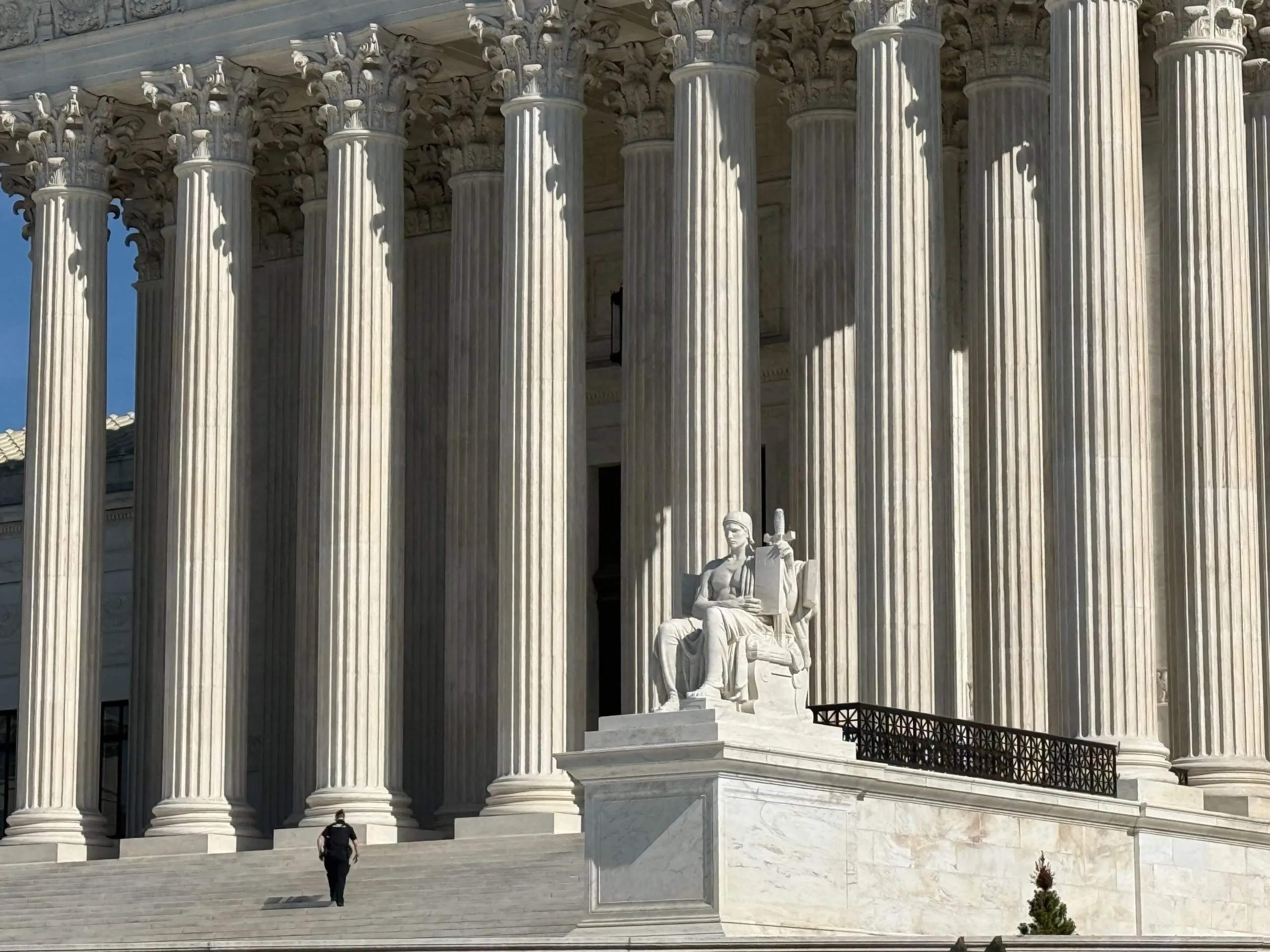Trump defends Vice President Vance’s bid to toss campaign finance law


The Trump administration notified the Supreme Court on Monday that it will not defend a federal campaign finance law that restricts the amount of money that political parties can spend in coordination with a candidate for office. In a brief responding to a petition for review filed by the NRSC, U.S. Solicitor General D. John Sauer told the court that although the Department of Justice “has a longstanding policy of defending challenged federal statutes,” it has “determined that this is the rare case that warrants an exception to that general approach.”
The justices are likely to act on the case before their summer recess. If, as seems likely, they grant the NRSC’s petition for review, they could hear argument in the case in the fall, with a decision to follow sometime in 2026.
The lawsuit now before the court was filed in 2022 by then-Sen. (and now Vice President) J.D. Vance, along with former Rep. Steve Chabot, a Republican from Ohio. In a decision by Chief Judge Jeffrey Sutton, the U.S. Court of Appeals for the 6th Circuit characterized as “fair points” the challengers’ contentions that the Supreme Court has in recent years been more receptive to arguments that campaign finance regulations violate the First Amendment and that “the terrain of political fundraising and spending has changed.” Nonetheless, the court of appeals concluded that it was bound by the Supreme Court’s 2001 decision in Federal Election Commission v. Colorado Republican Federal Campaign Committee, in which the court rejected a challenge to coordinated campaign expenditures.
Represented by former U.S. Solicitor General Noel Francisco, the NRSC came to the Supreme Court late last year, asking the justices to strike down the coordinated party expenditure limits. Those limits, it argued, “run afoul of modern campaign-finance doctrine and burden parties’ and candidates’ core political rights.” And that violation of the First Amendment, it added, “harmed our political system by leading donors to send their funds elsewhere, fueling the rise of narrowly focused ‘super PACs’ and an attendant ‘fall of political parties’ power in the political marketplace, which has contributed to a spike in political polarization and fragmentation across the board.”
The NRSC told the justices that they were not bound by their 2001 decision because, among other things, Congress amended the law in 2014 to permit “unlimited coordinated expenditures for certain activities, such as ‘election recounts’” and “’other legal proceedings.’” But if the justices believe that they are bound by the 2001 decision, the NRSC continued, they “should overrule that outdated decision.”
In its filing on Monday, the Trump administration agreed with the NRSC that the court should take up the case. The coordinated expenditures restriction, Sauer contended, “violates core First Amendment rights.” Moreover, Sauer added, the court’s 2001 ruling in the Colorado case “has been severely undermined, if not superseded, by intervening legal, factual, and statutory developments,” but only the Supreme Court can reconsider that decision.
Sauer suggested that the court should appoint an outside attorney to defend the 6th Circuit’s ruling. If the justices grant review and follow that recommendation, it would be the fourth time that they have done so for the 2025-26 term. The justices on Thursday tapped John Bash, a former assistant to the U.S. solicitor general, to defend the ruling of the U.S. Court of Appeals for the 8th Circuit in a Georgia man’s challenge to the government’s effort to collect restitution from him.
Posted in Potential Merits Cases
Cases: National Republican Senatorial Committee v. Federal Election Commission (Campaign Finance)